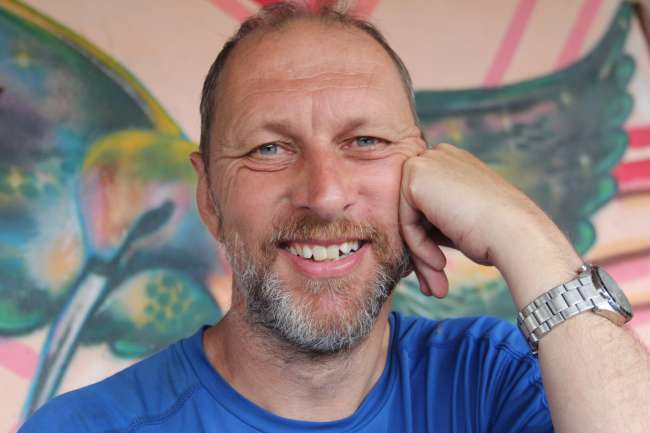Better school
La daabacay: 24.06.2017
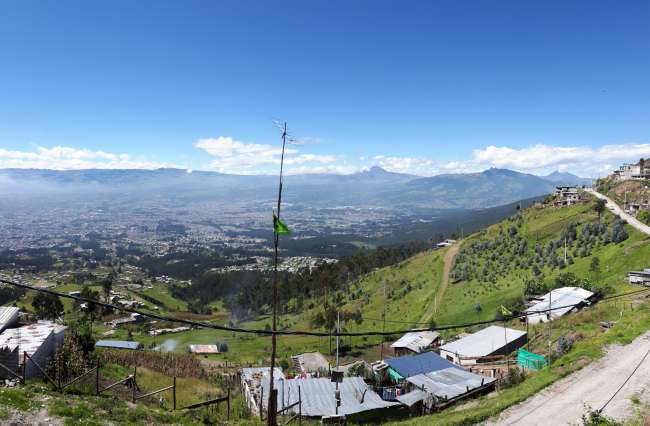
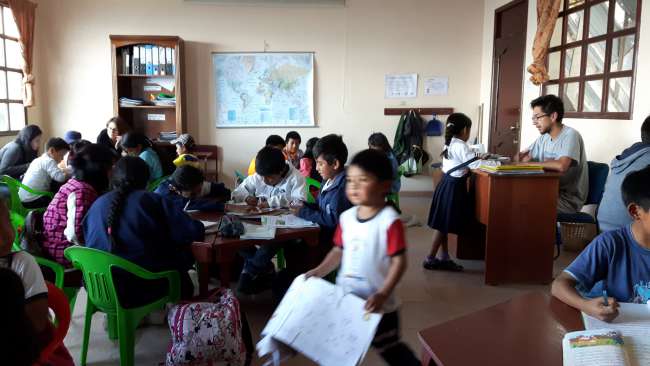
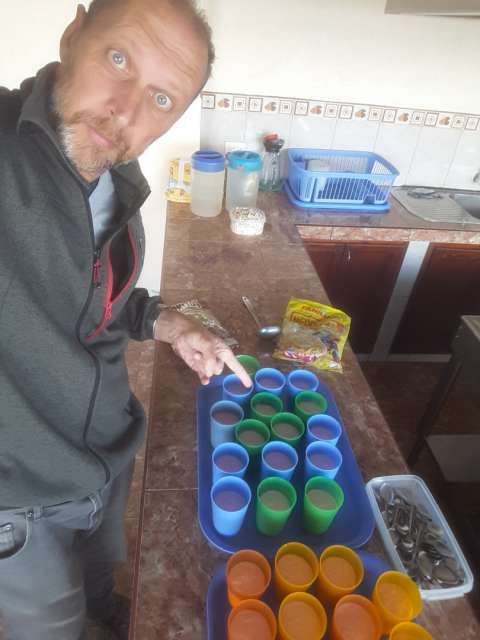
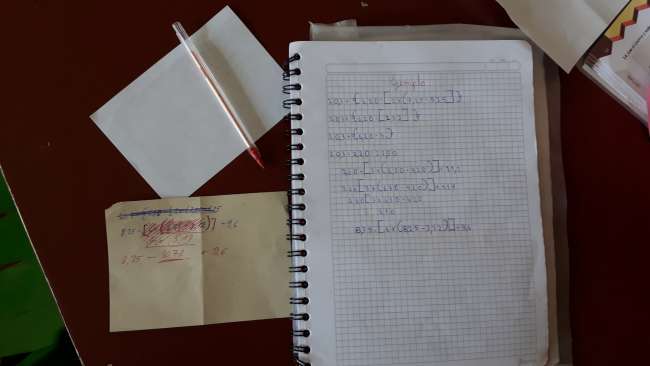
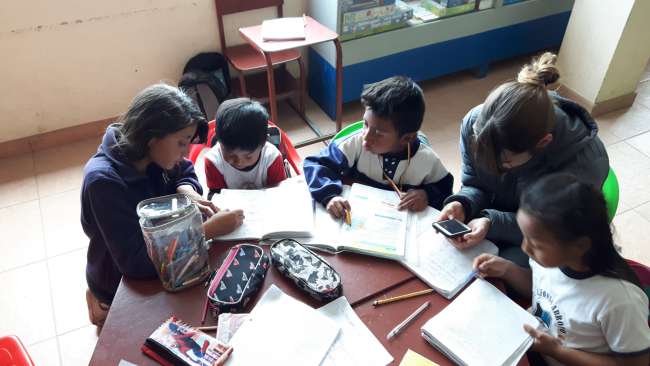
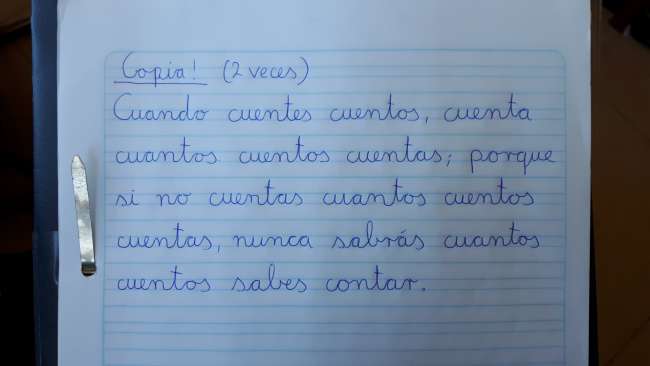


Ku biir Wargeysyada
June 23, 2017
oh, I see, now you are not sure what I mean?
better school, yes good, but which one now?
Of course, ours. By miles, folks. Although I haven't seen a classroom or talked to teachers. But for the past two weeks, I've been seeing kids solving tasks that they don't understand. Not a few, but the majority. When I think of my classes, there are always kids who are overwhelmed in a subject. Or kids who are just barely keeping up in the challenging subjects. Here in the homework help at the foundation, I have already helped several kids in a way that I ended up solving the tasks for them. The child definitely couldn't have explained the solution path in class. They simply lacked the knowledge, the understanding, sometimes the logic. But it was clear to me that if some of the kids had received better explanations and/or more training, they would have been able to understand. Mental arithmetic seems to be of little importance. The multiplication tables are not really well-versed and 10.25 - 8.28 is calculated in writing without hesitation. Today, I helped a fourth-grade girl with a calculation involving three brackets. She had no idea what to do. She couldn't even figure out how to solve the brackets from the inside out. I had to simply tell her that this needed to be done first. Then it turned out that the result was negative, although according to Paul, the supervisor, this shouldn't even occur at this level. ('Unbelievable!' I had to say.)
The kids are very weak in English when I compare them to my students at the same level. Playing a greeting game: impossible! Understanding connected sentences, expressions, let alone speaking - no chance!
Attention: here too, there are talented kids who quickly pick up things and maybe even work diligently, but far fewer than with us. And I thought that the kids here are happy to be able to go to school. No, they are the same everywhere and the proportions of good and less good students are probably the same everywhere. If the school cannot keep up with the kids, if it leaves them behind, then it's clear that many kids have to take paths similar to those of their parents: street vendors, shoe shiners, unskilled workers, if work can even be found. Living from hand to mouth, let's see what tomorrow brings. And yet, I believe that even the foundation can help such children, because it imparts values, structures, and social skills, ensures at least one balanced main meal and a snack, and takes care of children and their problems when nothing is running smoothly at home. Those who keep up in school have the chance of further education, provided that the situation at home still allows it later on. For example, I worked with a girl in English whom I am convinced would be able to study later on if ... well if it's even financially and family-wise possible. If she can't, there is no apprenticeship here. It works like this: you work somewhere as something, learn from the experienced ones, and learn. Eventually, you become one of the more experienced ones. Seen in this way at construction sites. The foundation is currently similar to a large construction site. There were four maestros, or rather masons, in the first week. Two were pretty good, seemed experienced and competent. But the rookie was mainly busy sieving sand, carrying sacks, and filling formwork. This is how an apprenticeship works here in Ecuador. Maybe you'll become a good maestro, get a good reputation, your name spreads, and you'll be in demand, maybe you can even open your own business and voilà. It looks a bit darker for girls. Their task is clear.
Next week, I would really like to talk to Marco. Laura told me about some incredible destinies at the foundation. Unbelievable stories. Before she told me a bit, I didn't feel the need to learn more about the different kids. They are who they are, and I treat them as they should be treated, and that's it. After all, no one can talk their way out of their past or circumstances, everyone still has to find their way in the community.
That's not why I'm interested now. But they are simply touching stories that have found hope through the help of Marco and Alba. I would like to hear that, I would also like to tell others about it. That's one of my declared goals of this further education: to learn about real problems of children.
Ku biir Wargeysyada
Jawaab

